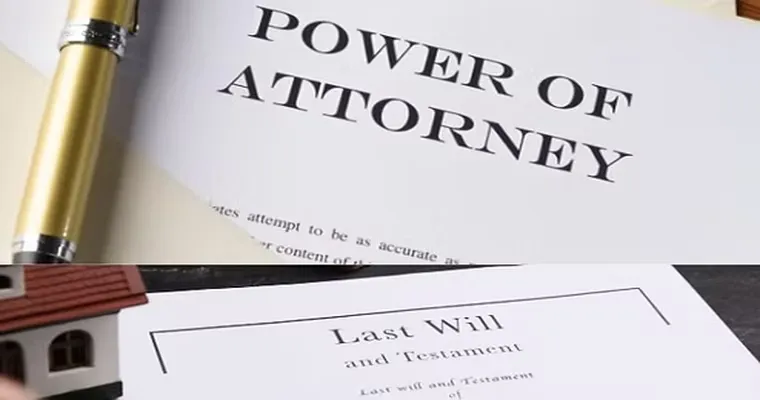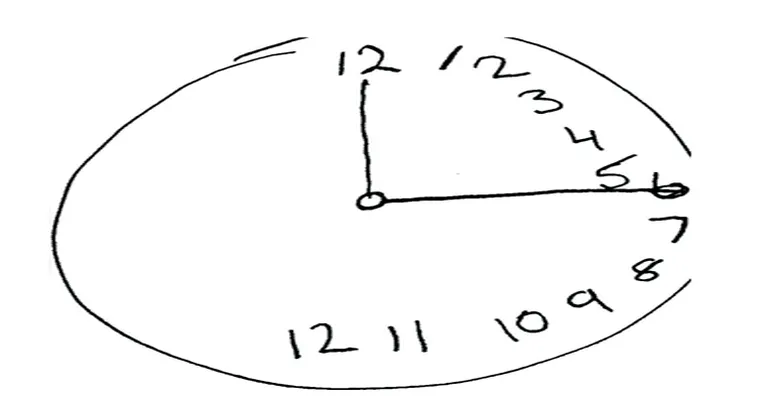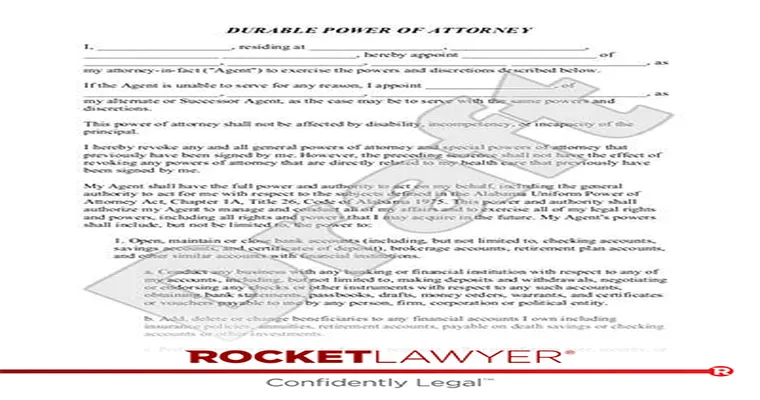When it comes to estate planning, understanding the "legal grounds" of a "Power of Attorney (POA)" alongside a "Last Will and Testament" is crucial. Both documents serve vital roles in ensuring that your wishes are honored and that your affairs are managed according to your preferences. In this article, we will explore the significance of these legal instruments, their functions, and how they interrelate to provide a comprehensive approach to estate management.
A "Power of Attorney" is a legal document that allows one person, known as the agent or attorney-in-fact, to act on behalf of another individual, referred to as the principal. This authority can cover various functions, including financial decisions, healthcare choices, and legal matters. It is essential for individuals who wish to ensure their affairs are handled by a trusted person if they become incapacitated.
On the other hand, a "Last Will and Testament" is a legal document that outlines how a person's assets and affairs will be distributed after their death. It can specify guardianship for minor children, dictate funeral arrangements, and ensure that specific wishes regarding property and possessions are followed. While the POA is effective during the principal's lifetime, the Last Will comes into play upon their passing.
The legal grounds for establishing a "Power of Attorney" typically require the principal to be of sound mind and to voluntarily appoint an agent. In many jurisdictions, the POA can be durable, meaning it remains in effect even if the principal becomes incapacitated, or it can be non-durable, which means it ceases to be effective upon the principal's incapacity.
When drafting a "Last Will and Testament", it is essential to adhere to the legal requirements of your state, which may include being of legal age, having witnesses, and signing the document in accordance with local laws. Properly executed, a will can help avoid disputes among heirs and ensure that the decedent's wishes are honored.
One vital aspect of estate planning is the relationship between a "Power of Attorney" and a "Last Will and Testament". While they serve different purposes, they can work in tandem to provide a holistic approach to managing one’s affairs. For example, a POA can make financial decisions on behalf of the principal during their lifetime, while the will ensures that their wishes regarding asset distribution are fulfilled after death.
It's also important to note that a POA does not grant the authority to make decisions regarding the distribution of assets after death; that power lies exclusively with the Last Will. Therefore, individuals should not only establish a POA but also ensure that they have a well-drafted will in place.
In conclusion, understanding the "legal grounds" of a "Power of Attorney" and a "Last Will and Testament" is essential in creating a robust estate plan. Both documents serve distinct yet complementary roles in managing personal affairs and ensuring that wishes are respected. By carefully considering the implications of these legal instruments and consulting with a qualified attorney, individuals can secure peace of mind for themselves and their loved ones.





